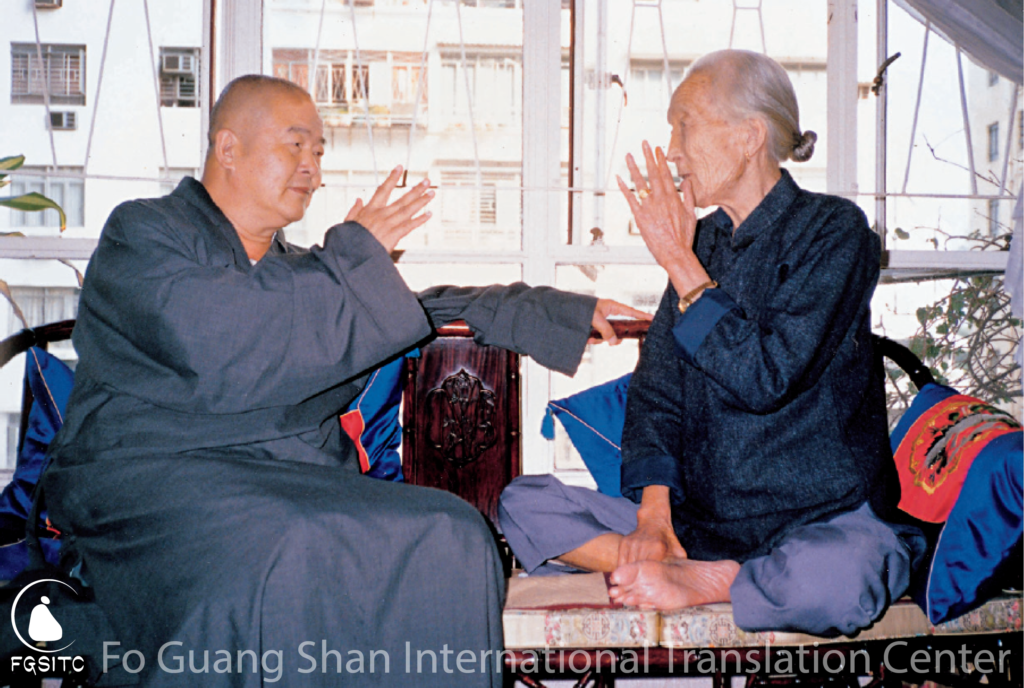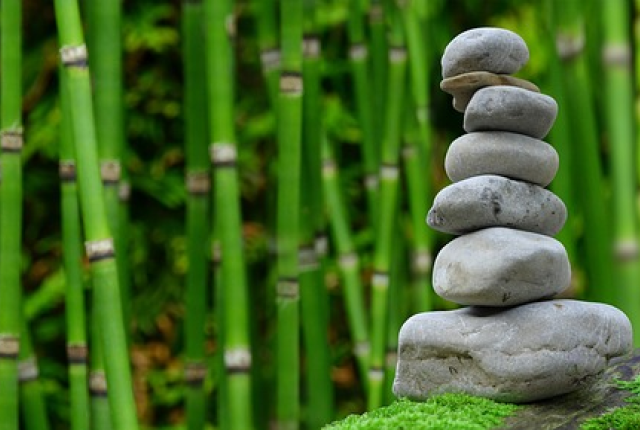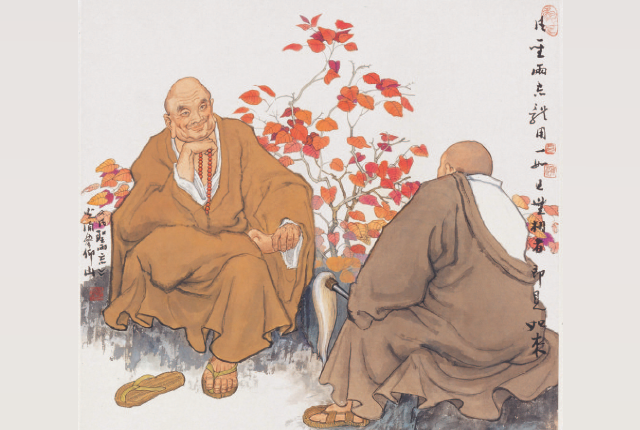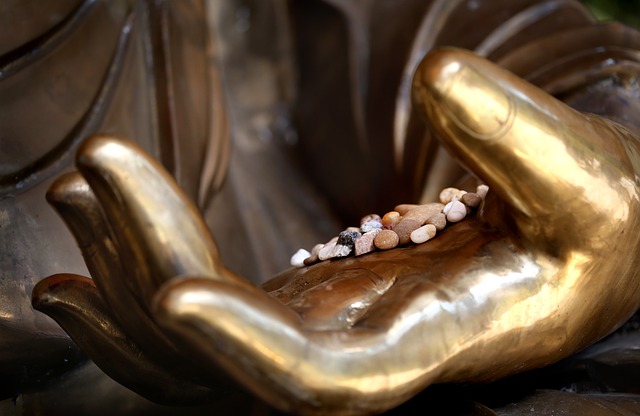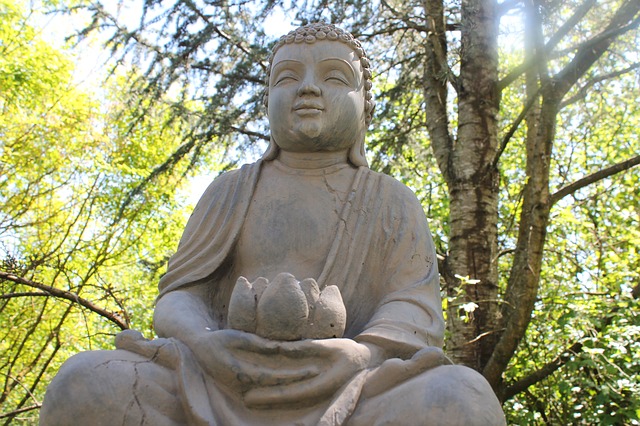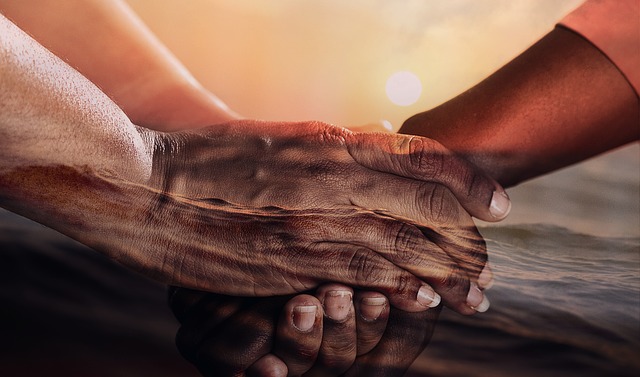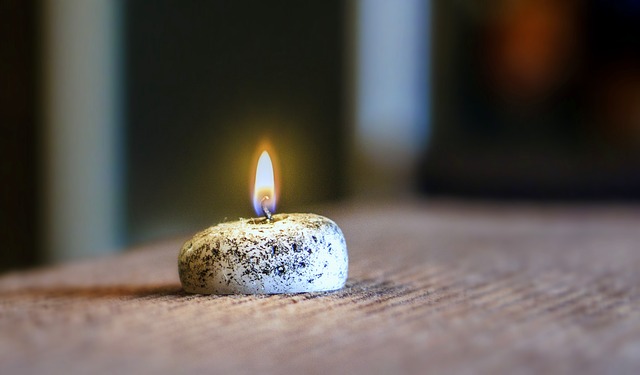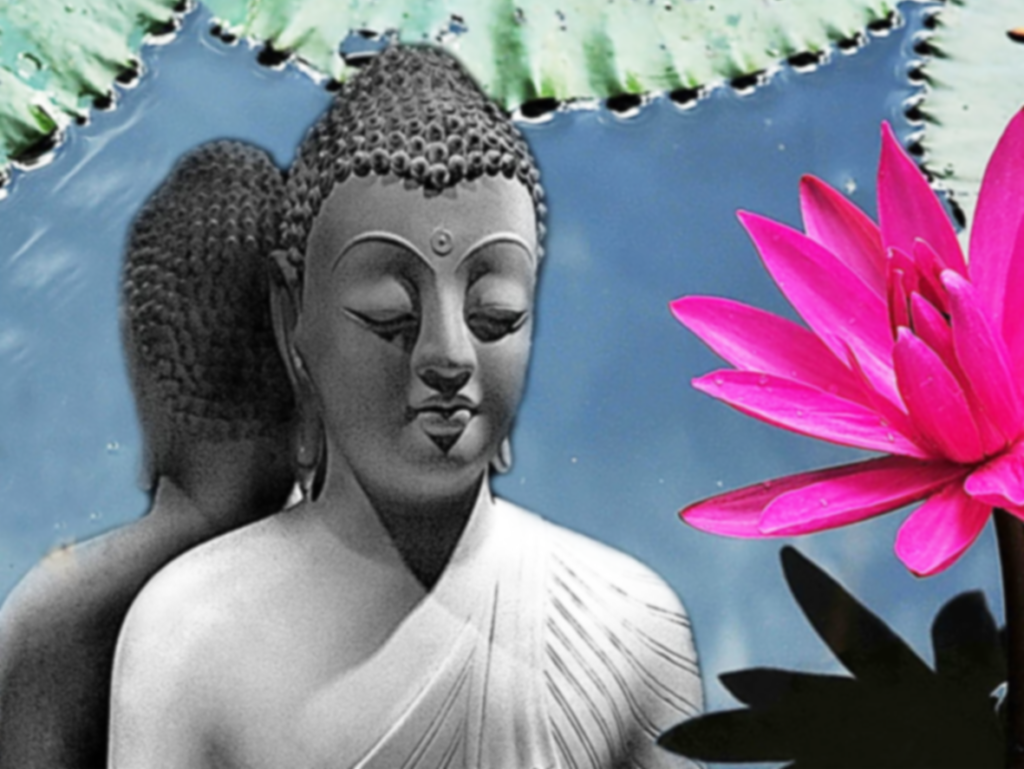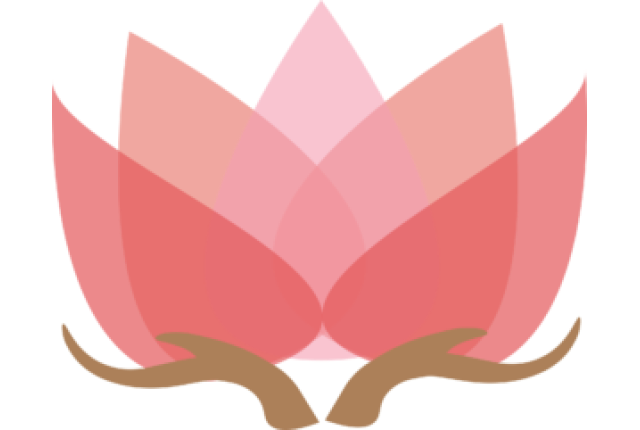
Equality is a truth of human life within the universe, it is an aim of humanity, and it is also the basis of Buddhism.
The Avatamsaka Sutra says:“All sentient beings are equal.”
The Great Perfection of Wisdom Treatise says: “From the very highest level of all Buddhas to the low level of animals, all are equal and there are no differences between them.”
The Diamond Sutra says: “All dharmas are equal with no lofty or lowly.”
A world of equality is the truest and most beautiful world.
When they are put together, the Buddha’s teachings on the Middle Way and dependent origination can be understood as a teaching on “equality.” Buddhist teachings on the relationship between emptiness and existence provide us with the clearest explanation of what equality really means.
These teachings say that “emptiness” is not necessarily empty, and “existence” is not necessarily existent; each contains the other and, as such, existence and non-existence are ultimately equal. Thus, in this world we should not argue about who is greater or who is better.
All people equally possess “Buddha nature.” There is another saying in the Buddhist tradition: “give thought neither to what is wholesome nor unwholesome.” Sometimes, even bad things can be considered good.
In the Buddhist tradition, when something bad is turned into something good, we call it “improving through negative conditions.” This concept is illustrated by the mud and filth that is necessary for a beautiful lotus flower to grow.
The enlightened and the afflicted minds may seem realms apart, but is it not true that a sour and unripe fruit only becomes sweet through the harsh wind and blazing sun? In the Vimalakirti Sutra, Vimalakirti says:
“If we do not dive into the deep sea, we will never attain the invaluable pearl. And if we do not dive into the great sea of human afflictions, we will never attain supreme wisdom.”
Some people say that men are more solid and stronger than women and that women will never be able to shoulder as much; however, women are compassionate and supple, and since suppleness can overcome solidity, it too has its advantage. There is a saying that: “If a bow is strung too tight, the bowstring will break. If a blade is too sharp, it may chip too easily.” Take our teeth and tongue as an example. Our teeth are very hard and as we age, our teeth come loose and fall out one after another. However, our soft tongue remains with us even until we die.
All things within this world have their own special strengths—the most important thing is for everyone to show their strengths and make good use of them.
When we gaze upon a tall building, we normally associate it with a sense of grandeur, but if it were not for the many small rivets that hold the structure’s steel beams together, it could never have been so imposing and tall. This is the reason that Buddhists often say a grain of sand can contain a three thousandfold world system.
From the point of view of the material manifestations in this world, there are men and women, young and old, rich and poor, high and low. But from the point of view of the principles underlying these differences, all are equal because all sentient beings possess Buddha nature. The only catch is that the ordinary person tends to focus on the distinctions between manifestations. For them, the universe appears to be full of differences. But when a sage looks upon this world, he sees oneness everywhere.
When we speak of gender equality, we might consider the saying:
“When the mind enters right perception, why bother being of female form?”
(The Connected Discourses of the Buddha, Ch. 45).
From the Buddhist point of view, all sentient beings have Buddha nature and all people are equal and beyond duality. By viewing human rights from a Buddhist angle and within the context of the Buddha’s original teachings, we can further foster a spirit of equality and provide a true space for that equality.
From The Buddhist Perspective on Women’s Rights, written by Venerable Master Hsing Yun.
Image from Pixabay.

